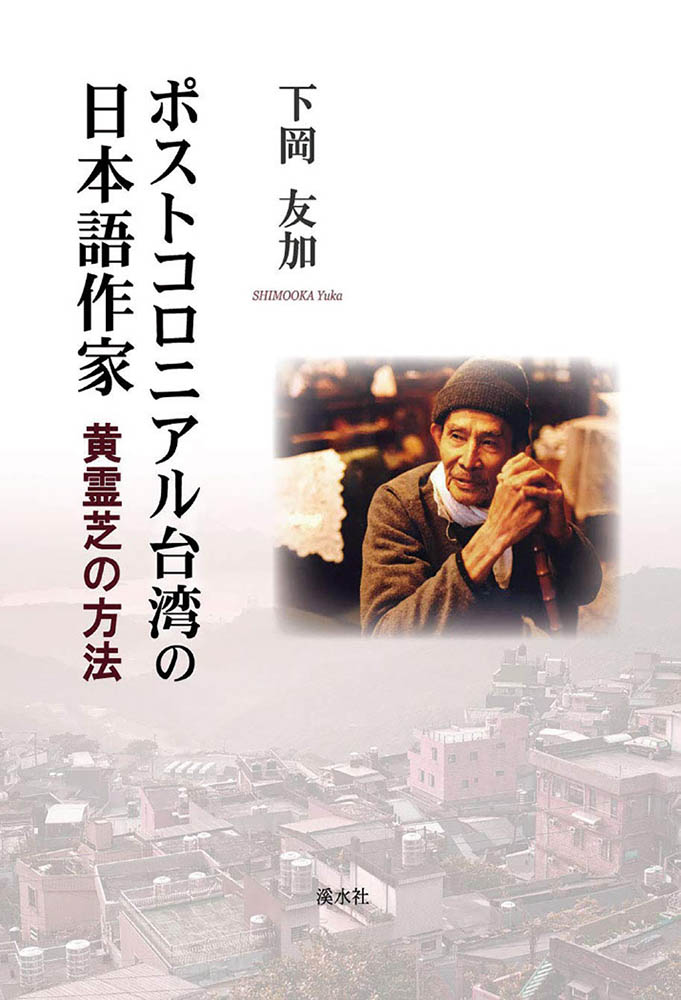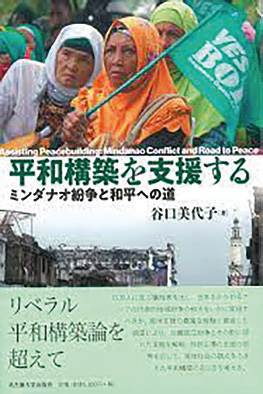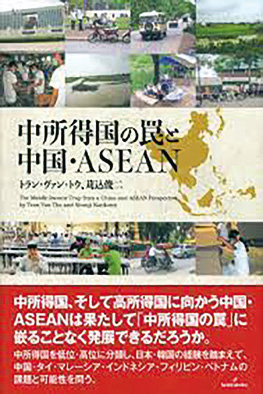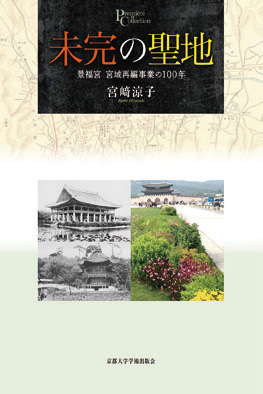IBP 2021 Japanese Language Edition
Total number of books submitted: 38
Organizing Entity: ICAS Secretariat
Secretary: Aysun Uyar Makibayashi
Reading Committee Members: Kae Amo and Set Jacobowitz (humanities); Aysun Uyar Makibayashi and Yo Nonaka (social sciences)
Sponsor of the IBP 2021 Japanese Language Edition: International Convention of Asia Scholars (ICAS)
Winner
AUTHOR: Yuka Shimooka 下岡友加
TITLE: Japanese Author of Postcolonial Taiwan: The Way of Lingzhi Huang
ポストコロニアル台湾の日本語作家:黄霊芝の方法
PUBLISHER: Keisuisha溪水社, 2019
Yuka Shimooka’s work on Taiwanese author Lingzhi Huang and his prevailing work in Japanese in Taiwan brilliantly combine the way of authorship and postcolonial history in Taiwan. This work is also a convincing example on how one language, Japanese in this case, can present a potential to embrace various worlds and values without belonging to its own nation, nationality, ethnicity or culture. Long-running interview with Lingzhi Huang adds a rather exploratory dimension for the books` overall compilation. Combining the art of being an author in Japanese out of Japan and response of the Taiwanese as well as the Japanese societies to this intercultural and linguistic experience provide a valuable and informing work for the Japanese scholarship.

IBP 2021 Japanese Language Shortlist
 AUTHOR: Miyoko Taniguchi 谷口美代子
AUTHOR: Miyoko Taniguchi 谷口美代子
TITLE: Assisting Peacebuilding: Mindanao Conflict and Road to Peace
平和構築を支援する ミンダナオ紛争と和平への道
PUBLISHER: The University of Nagoya Press 名古屋大学出版会, 2020
This book discusses the problems present in Mindanao society from a historical perspective. It offers an alternative peace-building model in line with the local context based on the cases of “peace-building from below” initiated by the local leaders. The author has worked in an international cooperation agency and knows the region well. Patron-client relationships still exist between the elite and the local people. In such cases, she argues, liberal peace-building based on democratisation and the market economy and peace-building conducted by civil society do not work well. She suggests that the influential actors should be identified in such regions and they should be encouraged to go from being masters to being governors or servants.
 AUTHOR: Tran Van Tho & Shunji Karikomi トラン・ヴァン・トウ、苅込俊二,
AUTHOR: Tran Van Tho & Shunji Karikomi トラン・ヴァン・トウ、苅込俊二,
TITLE: The Middle Income Trap from a China and ASEAN Perspective
中所得国の罠と中国・ASEAN
PUBLISHER: Keiso Shobo 勁草書房, 2019
This work presents us an in-depth analysis how China and ASEAN countries can go out of the middle-income trap by focusing on various aspects of economic development and possible development trajectories of those countries. By giving thorough analysis of development experiences and potentials in China, Thailand, Malaysia, Indonesia, the Philippines and Vietnam, the authors successfully manage to locate both commonalities and pinpoint each country’s specific practice along the way. Skillful utilization of data and a well-composed comparison between economic capacities and practices within each country make this work a valued and significant contribution for the Japanese academic circles.
AUTHOR: Koutarou Endou 遠藤耕太郎
TITLE: The Origins of Manyoshu
万葉集の起源
PUBLISHER: Chuokoron-Shinsha 中央公論新社, 2020
When Japanese people fell in love or lost their loved ones, they had been composing haiku and tanka poems to express their feelings. This ancestral tradition had been passed on from generation to generation and it goes back to the time of Manyoshu (Collection of Ten Thousand Leaves) – the first anthology of Japanese poetry. Raising questions on how the absence of a loved one was sung in Manyoshu and on the roots of these songs, the author takes a closer look at the song culture of ethnic minorities in China by referring to the essence of Japanese lyric expression.
 AUTHOR: Ryoko Miyazaki 宮崎涼子
AUTHOR: Ryoko Miyazaki 宮崎涼子
TITLE: Unfinished Sanctuary: One Hundred Years of Managing and Planning the Grounds of Gyeongbokgung Palace
未完の聖地ー景福宮 宮域再編事業の100年
PUBLISHER: Kyoto University Press 京都大学学術出版会, 2020
Miyazaki Ryōko’s The Unfinished Sanctuary is a meticulously detailed study of the shifting politics in the preservation and maintenance of the Gyeongbokgung Palace in Seoul. She traces the changes in its symbolic role from the architectural restoration of the palace during the era of the Korean Empire to its cultural appropriation under Japanese colonial rule, and then its reinvention in postwar South Korea as an icon of democratization. Drawing upon a wealth of archival materials, Miyazaki demonstrates how the enduring legacy of the palace has been contested through these critical stages in Korean and Japanese modernity.